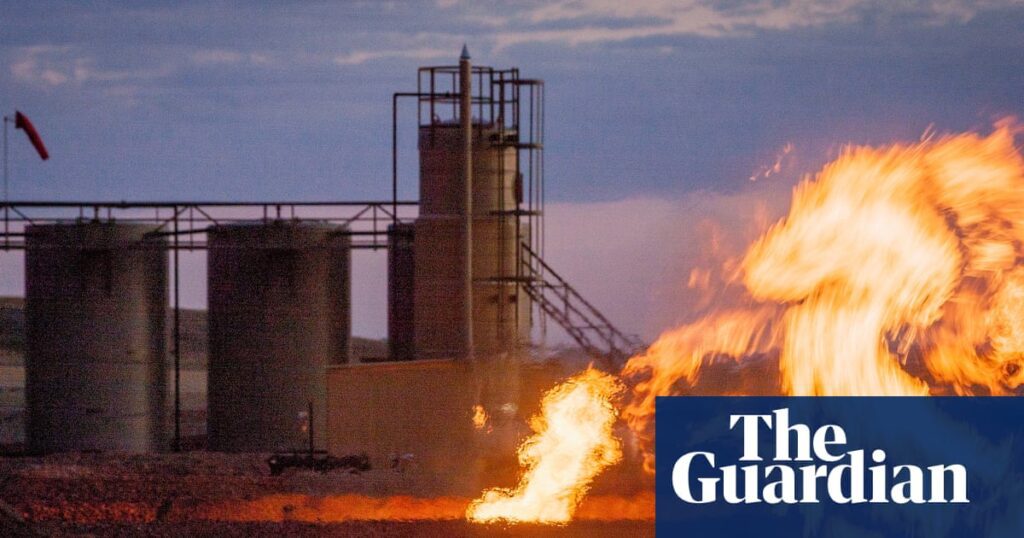At the Cop30 climate summit, an analysis revealed that adhering to three key commitments—tripling renewable energy generation, doubling energy efficiency, and significantly reducing methane emissions—could prevent nearly 1°C of global warming. If fulfilled, these measures could lower projected temperature rises this century by 0.9°C, aligning closely with the Paris Agreement’s goal to limit warming to 1.5°C.
G20 countries achieving these targets could cut global greenhouse gas emissions by 18 billion tonnes by 2035, reducing warming rates by a third over the next decade and halving them by 2040. Bill Hare from Climate Analytics emphasized that if governments act by 2035, it could notably slow warming rates, bringing projected increases down from 2.6°C to approximately 1.7°C.
Despite the progress in renewable energy investments—exceeding $2 trillion last year—reducing methane emissions remains challenging, with many countries underreporting their levels. The Global Methane Pledge aims for a 30% reduction by 2030, but rising emissions complicate efforts.
Hare urged immediate implementation of these commitments, highlighting the political hurdles in resisting fossil fuel industry pressures. At Cop30, governments will address the potential trajectory of temperature rises and transition plans away from fossil fuels, facing resistance from wealthier, fossil fuel-dependent nations. Niklas Hoehne of the NewClimate Institute pointed out that substantial changes to the energy system could drive a shift away from fossil fuels, reinforcing commitments from the global stocktake.
Source link


